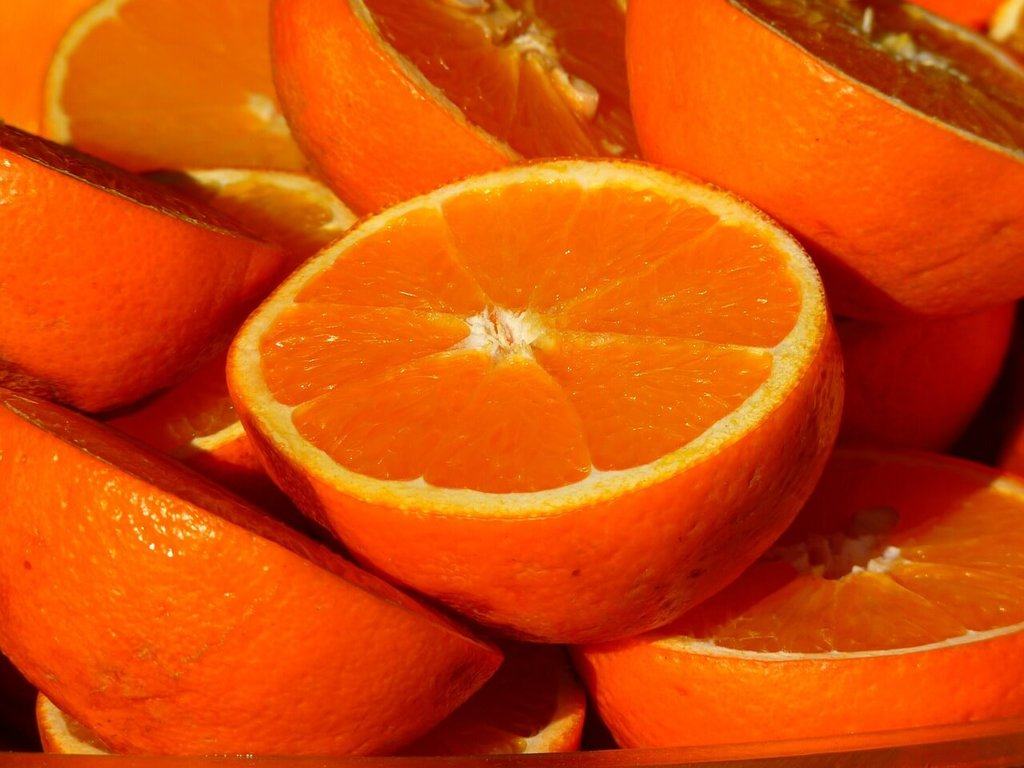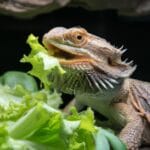Is Citrus Safe for Your Scaly Pal?
So, you’re curious about whether your bearded dragon can enjoy a juicy orange. It’s a common question, and the answer isn’t a simple yes or no. While not outright toxic, oranges aren’t the best choice for your beardie. Let’s explore why.
Nutritional Benefits and Risks
Oranges offer Vitamin C, beneficial for a bearded dragon’s immune system. However, the downsides may outweigh this benefit. The high sugar content can lead to weight gain, metabolic issues, and even fatty liver disease. Additionally, their acidity can upset a bearded dragon’s sensitive stomach, potentially causing diarrhea, vomiting, and mouth irritation.
Serving Size and Frequency
If you’re determined to give your dragon a taste of orange, moderation is crucial. A tiny, sliver-like piece, perhaps once every few months, is the absolute maximum. Even then, there are much healthier alternatives. Want to ensure your bearded dragon’s diet is leafy and green, yet safe? Discover the surprising truth about whether can bearded dragons eat lettuce and delve into the details of incorporating this common leafy green.
Preparation and Alternatives
If you do offer orange (not recommended), meticulously peel it, removing all pith, seeds, and membranes. Safer alternatives offering similar nutritional benefits with fewer risks include apples (without the core and seeds), blueberries, and strawberries. Curious about other herbs? Explore the nutritional implications and safety considerations for feeding your scaly friend can bearded dragons eat parsley before adding it to their meal.
Long-Term Health Impacts
Regularly feeding oranges, even in small portions, might increase the risk of long-term health problems, including metabolic bone disease and fatty liver disease. These conditions can severely impact a bearded dragon’s quality of life, potentially leading to pain, discomfort, and even a shorter lifespan.
Debunking the Orange Myth: Are They Good for Beardies?
Let’s delve deeper into the question, “Are oranges good for bearded dragons?” The short answer: probably not. While they offer Vitamin C, it’s like giving a child a candy bar – a quick energy boost followed by a potential tummy ache.
Digestive Dangers
The high acidity in oranges can disrupt a bearded dragon’s delicate gut flora, leading to digestive upset. Some experts believe this can range from mild discomfort to more serious, long-term issues.
Why Choose Alternatives?
Apples, berries, melons, and peaches offer similar nutritional benefits without the high acidity. These fruits are a much better choice for your dragon’s sensitive system. Ongoing research continues to explore the impact of various fruits on reptile gut health.
Toxic Fruits: A Bearded Dragon’s Forbidden Fruit List
Some fruits should be entirely avoided. Avocados, containing the toxin persin, are at the top of the list. All citrus fruits should also be avoided, not only for their acidity, but also for oxalates, which may interfere with calcium absorption.
Safe and Healthy Treats
Apples (without the seeds!), melons, and berries are excellent choices. Other safe options include peaches and apricots (remove the pit!), figs, mango, and papaya. Remember, even safe fruits should be offered in moderation.
Building a Balanced Diet
A bearded dragon’s diet should mainly consist of insects, especially for juveniles, providing essential protein. Leafy greens are also vital. Fruits and vegetables are supplementary, not the foundation of their nutrition. There is debate about the exact ratio of these food groups, and further research is needed.
Everyday Fruits: Choosing the Right Treats
While fruits can be a part of a bearded dragon’s diet, not all fruits are suitable for daily consumption. Choose low-sugar options with an appropriate calcium-to-phosphorus ratio.
Daily vs. Occasional Treats
Apples, blueberries, and grapes are generally safe for daily offering due to their lower sugar content and good calcium-to-phosphorus ratio. Other safe fruits, like mango, papaya, and peaches, should be offered less frequently.
Hydration and Digestive Health
Even with safe fruits, moderation is key. Too much fruit, due to its high water content, can lead to diarrhea, especially for dragons housed on substrates like soil or sand. Some research suggests this may be linked to bacterial growth in these environments.
| Fruit Category | Examples | Frequency |
|---|---|---|
| Everyday Fruits | Apples, Blueberries, Grapes | Daily |
| Occasional Treats | Mango, Papaya, Peaches, etc. | Occasionally |
| Fruits to Avoid | Oranges, Lemons, Avocados | Never |
This information aims to be comprehensive but should not replace professional veterinary advice. Current research on reptile nutrition is constantly evolving, so always consult a qualified veterinarian for personalized guidance.
- Unveiling the Enigma: Mansoureh Khojasteh Bagherzadeh’s Public Appearances & Private Life in Iran - July 18, 2025
- Unveiling the Mystery: Mansoureh Khojasteh Bagherzadeh’s Husband: A Rare Glimpse into a Private Life - July 18, 2025
- Unveiling Masoud Khamenei’s Mother: Power, Influence, and Iran’s Future - July 18, 2025

















2 thoughts on “Can Bearded Dragons Eat Oranges? A Veterinarian’s Perspective on Citrus Risks”
Comments are closed.